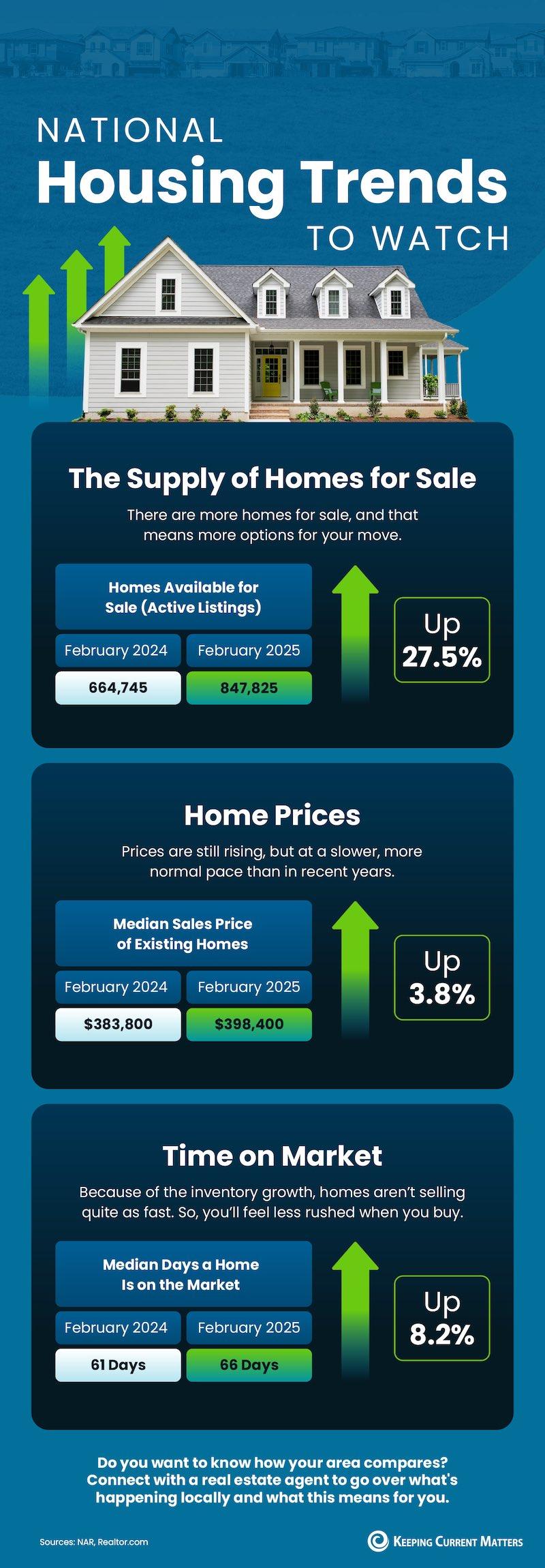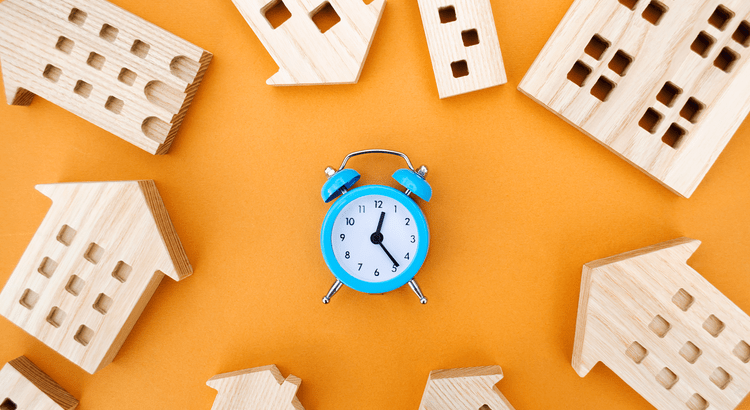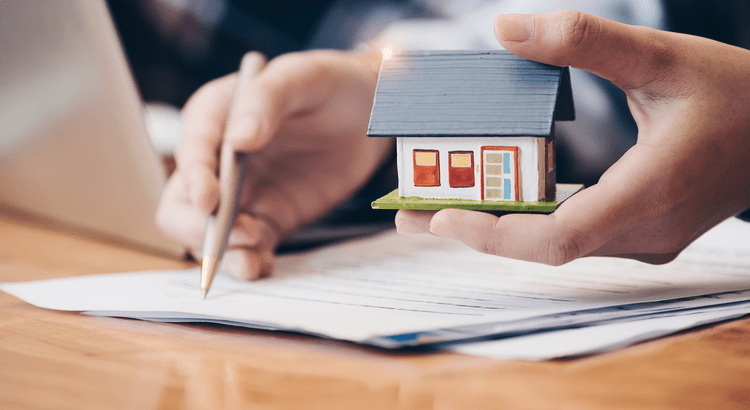
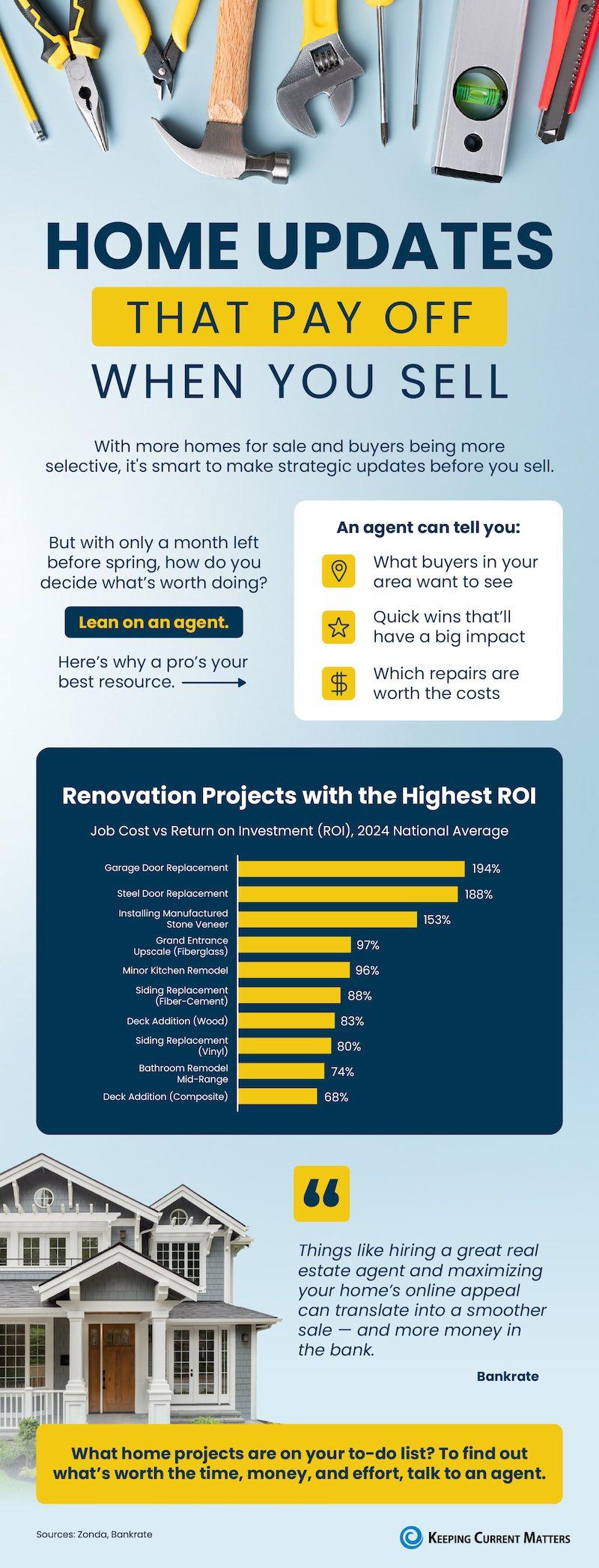
Should I Update My House Before I Sell It?
Some Highlights With more homes for sale and buyers being more selective, it’s smart to make strategic updates. But how do you decide what’s worth doing? You lean on us, as your Realtor. We will be able to tell you what buyers want, quick wins that’ll have a big impact, and what projects have th
Read More
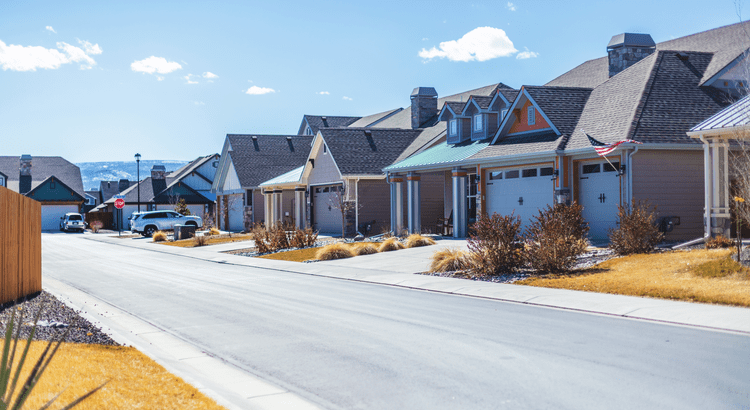
Seller Concessions: A Smart Strategy To Get Your House Sold
For the past few years, it’s been mostly a seller’s market. But dynamics are shifting as the number of homes for sale grows. And that means that the market is balancing out a bit. As a result, some sellers are finding they need to be more flexible to close a deal. One strategy that can help? Offe
Read More

The Return to Urban Living — Why More People Are Moving Back to Cities
After years of suburban and rural migration during the pandemic, cities have been making a comeback in the past couple of years. According to the National Association of Realtors (NAR), the percentage of people moving to cities has risen to 16%. While that may not sound like a big number to you,
Read More

Buying a Home May Help Shield You from Inflation
It feels like everything is getting more expensive these days. That’s because inflation has remained higher than normal for longer than expected – and that’s impacting the costs of goods, services, and more. And with rising costs all around you, you’re probably questioning: is now really the righ
Read More
Categories
Recent Posts
